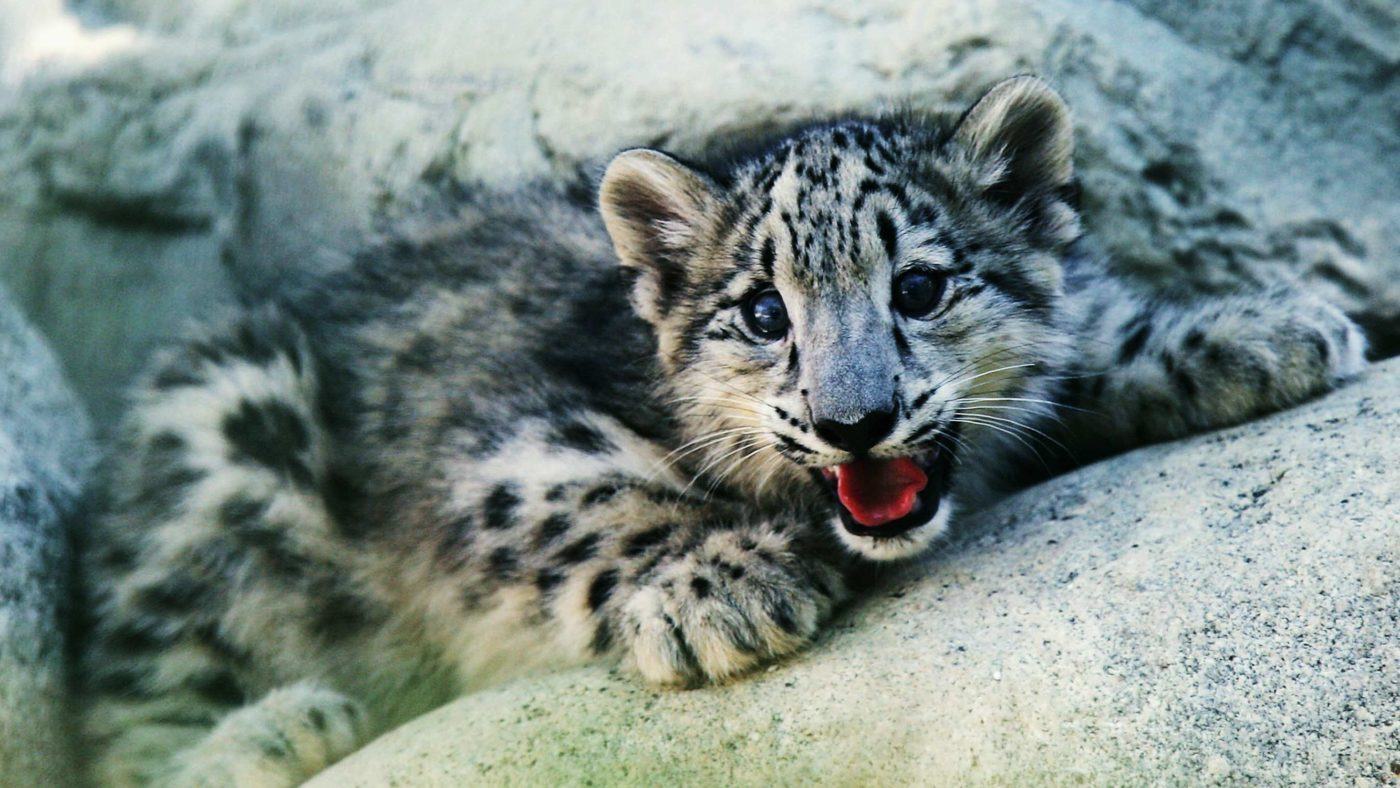The quickest way to tug at human heartstrings is to invoke the suffering of cute but perilously endangered animals.
Writing in The Guardian today, John Vidal takes issues with the BBC’s breathtaking new documentary Planet Earth II. Beautiful pictures are all very well. But “after half a lifetime of writing for the Guardian about the decline of the natural world”, he has news for us: there are some big ugly creatures that are wrecking all this.
In fact, “it is now clear that they” – he means humans, in case you hadn’t guessed – “are doing so much damage that unless confronted, there is little chance that the rest of the animals, including us, will survive very long”.
It’s certainly true that the picture Vidal paints isn’t a pretty sight. But that’s because he manages to invert absolutely every connection between the economy and the environment.
First up, he complains that there are too many of us and that we’re all too rich – the fault of “hyper-consumerism”, apparently. To save the world, we must be poorer and fewer.
Get more from CapX
Follow us on Twitter
Like us on Facebook
Sign up to our email bulletin
This, of course, entirely missing the fact that it is richness that leads to fewer people. Anyone in the least familiar with the demographics knows that when you strip out immigration, the rich nations have falling populations.
That’s simply because that’s what we humans do – as fewer children die young, and as there are other things to do other than just the begetting of them, we have fewer children. There’s not a rich country on the planet above the replacement fertility rate – or even approaching it.
Next, Vidal gives us a list of looming environmental disasters. But again, we’re not running out of soil, mineral deposits are not being depleted. We do have problems, certainly, such as climate change and the depletion of fisheries. But we also know how to solve them.
Another item on Vidal’s list is that there are too many cars about. Well, there may be many cars about but they aren’t actually a problem – at least once we deal with that carbon and other air pollution. And despite their role in the initiation of the sex lives of many of us, they are also one of those things we do other than the begetting of children.
The part that most grates though is this ludicrous piffle, in Vidal’s section on why companies are bad:
“The biggest 200 corporations now rule the world, and are economically greater than the combined economies of nearly 180 countries.”
This is a standard mistake of the economically illiterate, to try to compare two incommensurables. But the turnover of a company and the Gross National Product of a country are not the same thing in the slightest.
To give an obvious example, the turnover of the foreign exchange markets in London is around $2 trillion each banking day. The GDP of the UK is about $2 trillion annually. So we are clearly not including the former in that latter.
What we do instead include is the value added in those trades – the commissions taken, wages made. For that is what GDP is: the value added to and in an economy.
For a corporation, the value added – the number which should and could be compared to GDP – is profits made plus wages paid. Apple makes profits of around $50 billion. If each of its employees is paid $100,000 a year then that’s another $10 billion or so.
The GDP of Luxembourg is about $60 billion or so. So in very, very approximate terms, Apple as an economic organisation is about the size of Luxembourg. Which is about right. After all, there are roughly 100,000 people in the company, and 400,000 in the country, half of whom are economically inactive. So 100,000 rich-world people are producing about the same economic value as 200,000 other rich-world people.
Elsewhere on CapX
Why do we still allow strikes to ruin our lives?
Revealed: How Paris plans to knock London off its perch
Can we have more life without more taxes?
The end result of Vidal’s misunderstandings is that he insists that the only way to save the planet is to have fewer of us, living poorer lives. “One billion people living in absolute poverty may not have a vast impact on the natural world,” he admits, “but the same number living the lifestyle of an American or a European is very damaging.”
In other words, what we really need is to have a billion people in absolute poverty, rather than seven billion of us having achieved admirably and increasingly prosperous and happy lives, with even the tail end just climbing up out of peasant destitution.
Which is a strange thing to have spent half a lifetime working out – and an even odder thing to be working towards.


